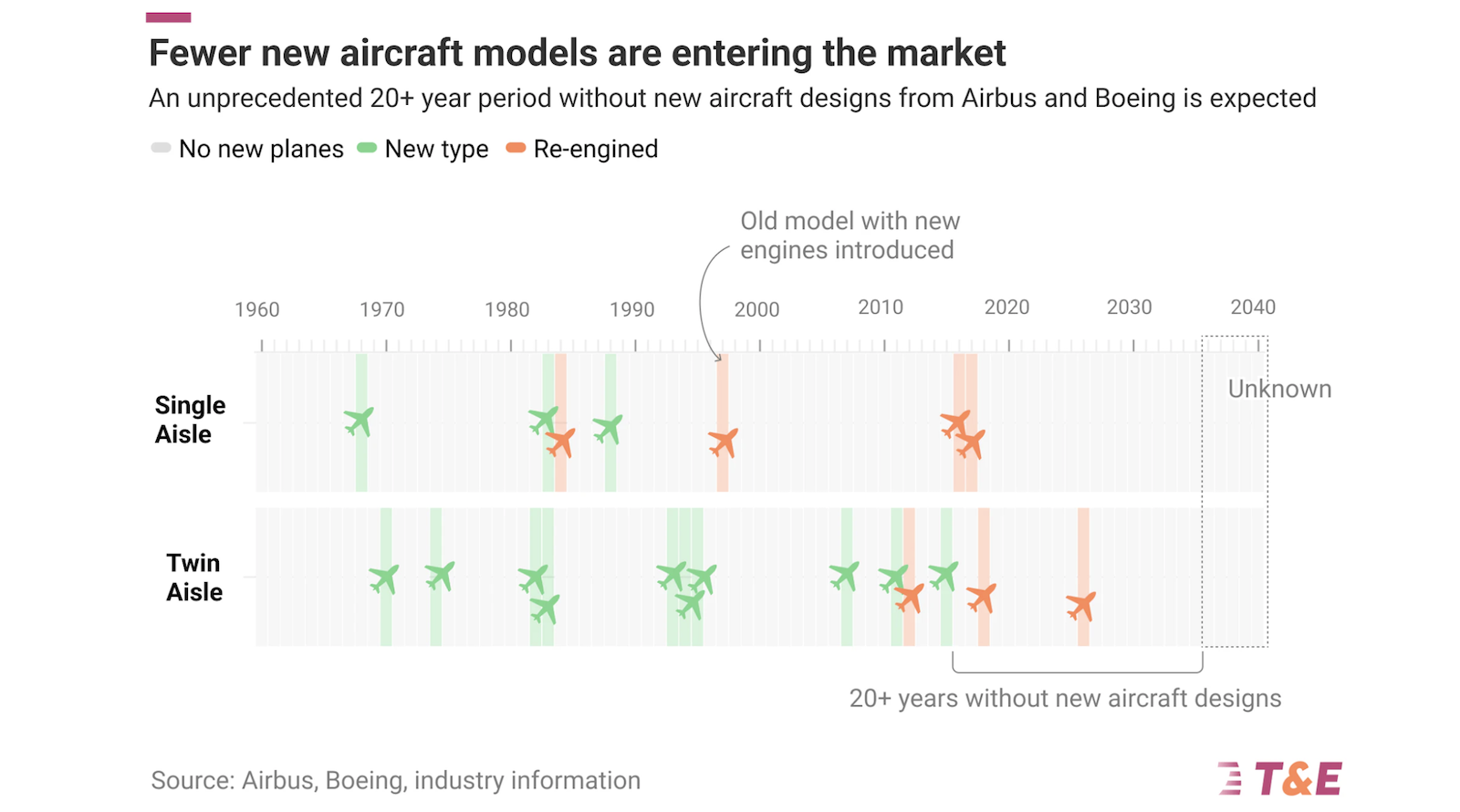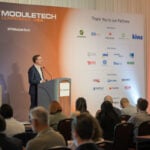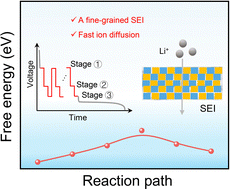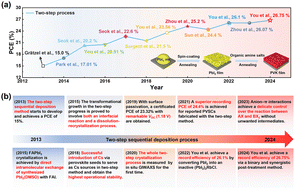Legal Geek North America 2025: Quick Talks, Big Ideas, And Plenty Of Networking
There was a sense at Legal Geek that the legal profession is standing at a fork in the road, with lots to think about in the brave new world of AI. The post Legal Geek North America 2025: Quick Talks, Big Ideas, And Plenty Of Networking appeared first on Above the Law.

I had the good fortune to attend my first day of the Legal Geek North America conference this week in Chicago.
The Conference
Legal Geek touts itself as an atypical legal tech conference. It was founded some 10 years ago by Jimmy Vestbirk, who wanted to create a fun, fast-paced, and impactful legal conference and get away from ponderous content sessions with speakers who drone on about their credentials and offer wordy and boring power points.His ethos: “Come to learn, and to teach. Come to make friends, not sell. Look after your fellow attendees, you may need their help some day.” The event by and large lived up to that vision.
Legal Geek follows a fast-paced format: short, punchy talks of 10 minutes in length (really eight minutes according to the speakers I talked to), interactive workshops, and startup and vendor alleyways instead of cavernous expo halls.
I had to wonder how the speakers could stick to an eight-minute limit but no one went over. By the end of the day, I was convinced the format worked. It forced speakers to have a point, get to it quickly, and stick to it. All that made the talks much more impactful.
Also networking is not only expected, it’s almost demanded with plenty of opportunities for both structured networking in roundtable sessions but also unstructured ones. And unlike some conferences where content runs every minute of every day, Legal Geek provides time and incentives to network. High fives seem to be the order of the day.
While the vibe sounds informal, the content tackled some meaty issues, focusing on the evolution of legal services, how AI is being used, and where the profession may be headed, all in a concise and focused manner.
The Attendees
The Chicago conference, like all but one of the Legal Geek events, was directed primarily toward large law firms and corporate counsel. Legal Geek says there were approximately 1,000 registrants, 30% from law firms, 30% in-house, and the rest with tech companies, academics, thought leaders, etc. I was told by Legal Geek representatives that a fair number of attendees are actually practicing lawyers, although that’s hard to confirm. (In fact, late in the day, one of the presenters asked for a show of hands of practicing lawyers and there weren’t many.)
The Presentations
I go to a lot of conferences so have heard many of the things the speakers discuss but there were new things, and it was nice to hear the thoughts expressed in a condensed style. I also have to admit, when I first saw all the vendor presentations, I cringed thinking it would be same old selling from the podium. Some of it was, particularly during the five-minute product spotlights, although the startups got a fair amount of speaking parts which I don’t begrudge. And some of the vendor material was more substantive.
In keeping with format, here is a high-speed, quick bullet point summary of the presentation high notes.
Danielle Benecke, leader of Baker McKenzie’s Applied AI practice, kicked the conference off by identifying the elephant in the room: what will AI tools do to the leverage and billing models of so many law firms. Benecke candidly suggested that the AI tools will indeed challenge traditional ways of valuing services provided by law firms. She believes that in a short time, clients will be buying vision, strategy, and results instead of time. We are “moving from input to output.”
Alma Asay of Crowell & Moring stressed practical AI use cases that should meet with little resistance. Things like creating better billing narratives, drafting non-billable client alerts, capturing handwritten notes and turning them into text, extracting data from copious documents, and collecting client statements and positions or legal advice given clients across various fields. “You have to meet lawyers where they are,” said Asay.
Mark Palmer of the Illinois Supreme Court Professionalism Commission gave a fascinating talk on using AI to find the right words to convey the message you want. Words that help those you are trying to persuade be part of the experience you want them to understand. Palmer noted that AI can suggest the tone a word creates, can suggest alternate phrasing, and can analyze drafts to ensure the words used best convey what you want. An AI tool can identify insights that will resonate well with a particular audience — and those that can backfire.
Nicole Bradick, the Global Head of Innovation at Factor, talked about how agentic AI can and will affect how we design tools to achieve complicated tasks. She perceptively noted that pre AI, law was a completely lawyer-driven process and that advocacy required a lot of skills. But now — or soon — agents can do a lot of those things that a lawyer used to do. The benefit is autonomy but the issue remains lawyer control over the process and where along the spectrum between the autonomy and control lawyers need to be.
Tamara Steffens of Thomson Reuters talked about a future where expertise and value won’t necessarily come from the data and experiences within a firm but across firms and business as anonymized data. The key to value in the future will not be either better, faster, or cheaper but will be all three combined.
Dan Quintas, an Airias Team Leader, identified the significant barriers to successful implementation when multiple AI programs are run across firms and clients and how it will be essential to have some AI mechanic to orchestrate and manage all those programs. This will enable better audit and control functions.
Michael Hill of NetDocuments talked about how lawyers often ask about how the technology works and what it can be used for. Instead, he says they need to be asking things like: How to leverage tech to be better? How get associates up to speed? What to do about sloppy work that could come from reliance on AI? How to open up new types of work that firms may not want to do, like collections? How to open work that can be done in an automated fashion? And how AI may change what it means to be a lawyer?
Wendy Rubas of Innovaccer talked about the barriers to tech implementation by and among lawyers. She noted that good lawyers simply don’t have time to get information about this new technology and so they simply stay in email and Word. She said tech adoption has to be earned from demonstrating how technology can solve pain points. The biggest barriers to legal tech are frankly senior lawyers. They are too busy to get familiar with tech and don’t trust it. Rubas says implementation must start with younger lawyers and create a culture. Lawyers fear they won’t understand tech, they fear losing work, and particularly for senior lawyers, they fear that they will appear stupid and old. They need tech pep talks.
A Sea Change?
There was a sense at Legal Geek that the legal profession is standing at a fork in the road. It was a challenging but exhausting day. Lots of new ideas, lots to think about in the brave new world of AI.
Are we on the cusp of a legal sea change or is this a minor blip in the inexorable legal inertia? Time will tell but if you attended Legal Geek, you would think the answer is clear. If true, there are lots of hard issues we as a profession need to think about. And that’s the value of Legal Geek.
Stephen Embry is a lawyer, speaker, blogger and writer. He publishes TechLaw Crossroads, a blog devoted to the examination of the tension between technology, the law, and the practice of law.
The post Legal Geek North America 2025: Quick Talks, Big Ideas, And Plenty Of Networking appeared first on Above the Law.


























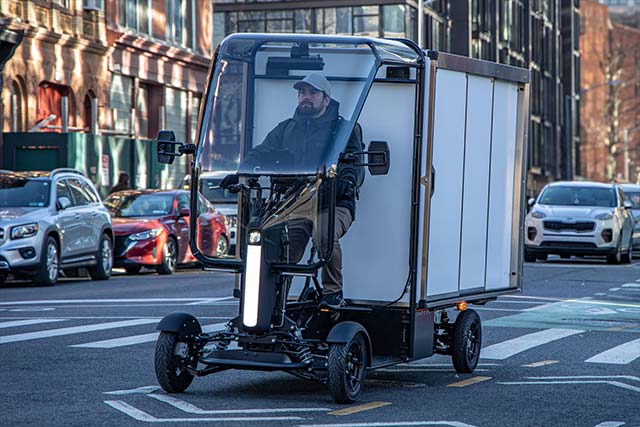



































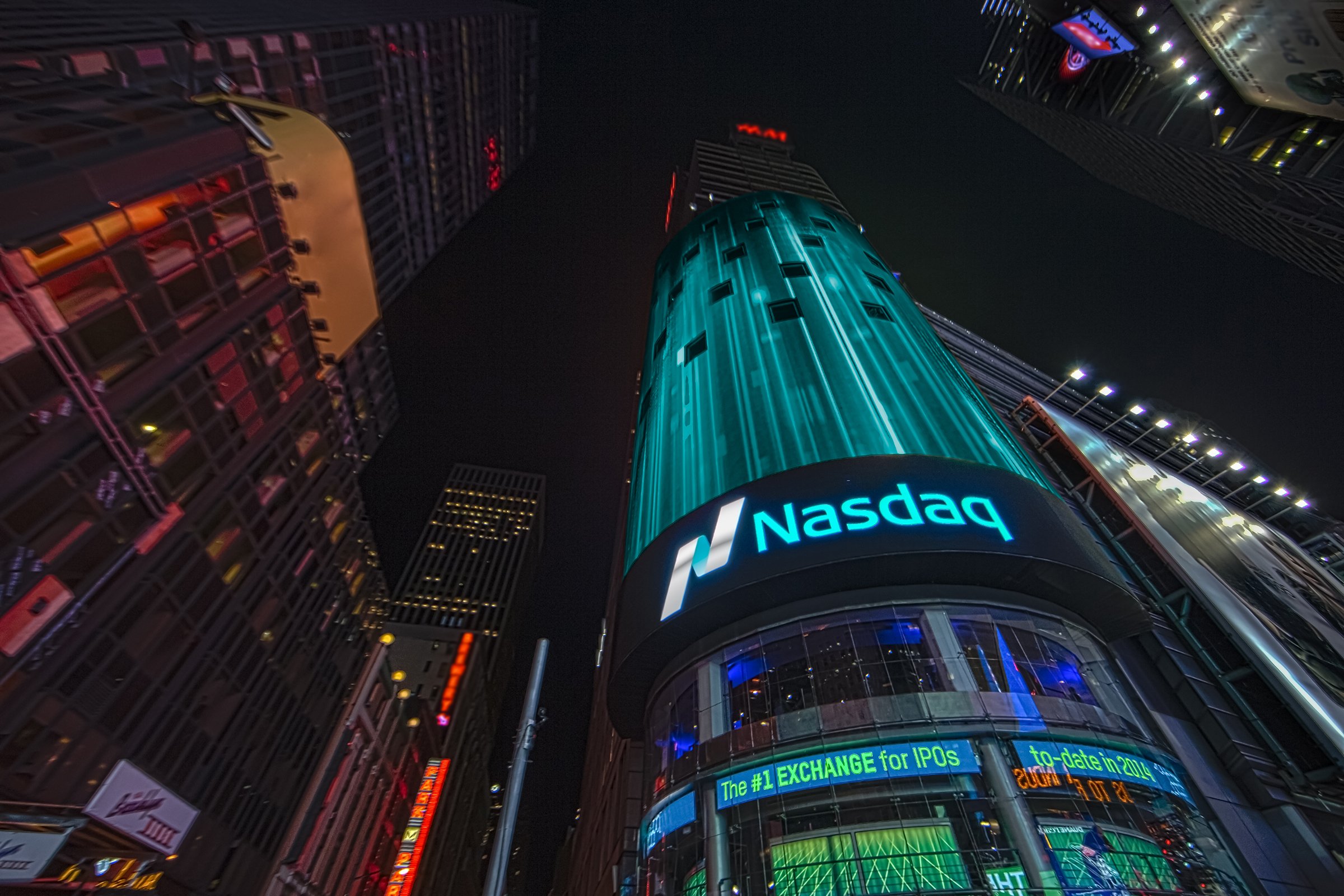

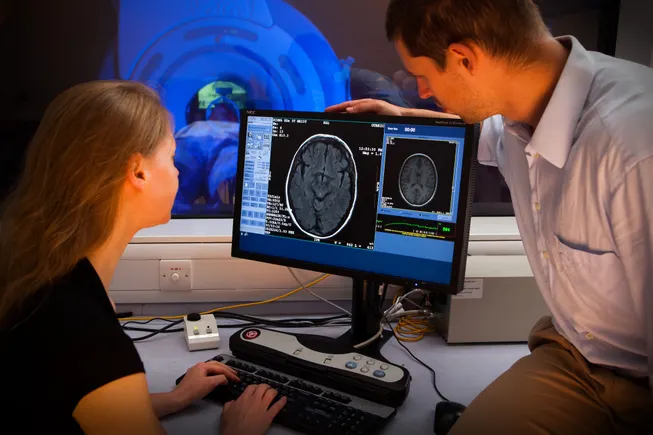

























![The American contingent and Turkey’s autonomy goals: Paris Air Show Day 3 [Video]](https://breakingdefense.com/wp-content/uploads/sites/3/2025/06/Wednesday-Wrap.00_00_32_21.Still001.png?#)
![A look at the jets flying high above the Paris Air Show [PHOTOS]](https://breakingdefense.com/wp-content/uploads/sites/3/2025/06/Rafale_02-scaled-e1750268097167.jpg?#)


























